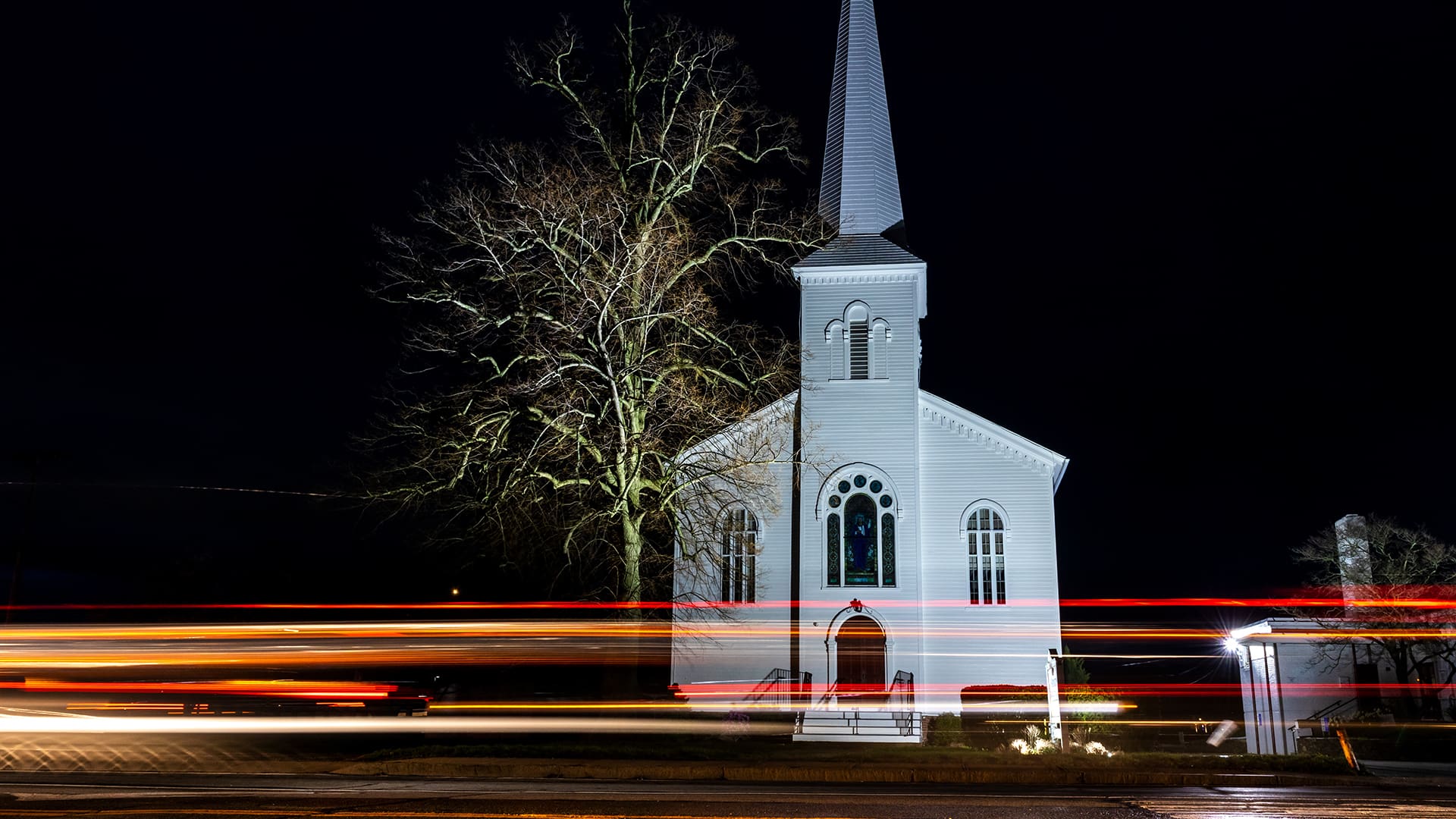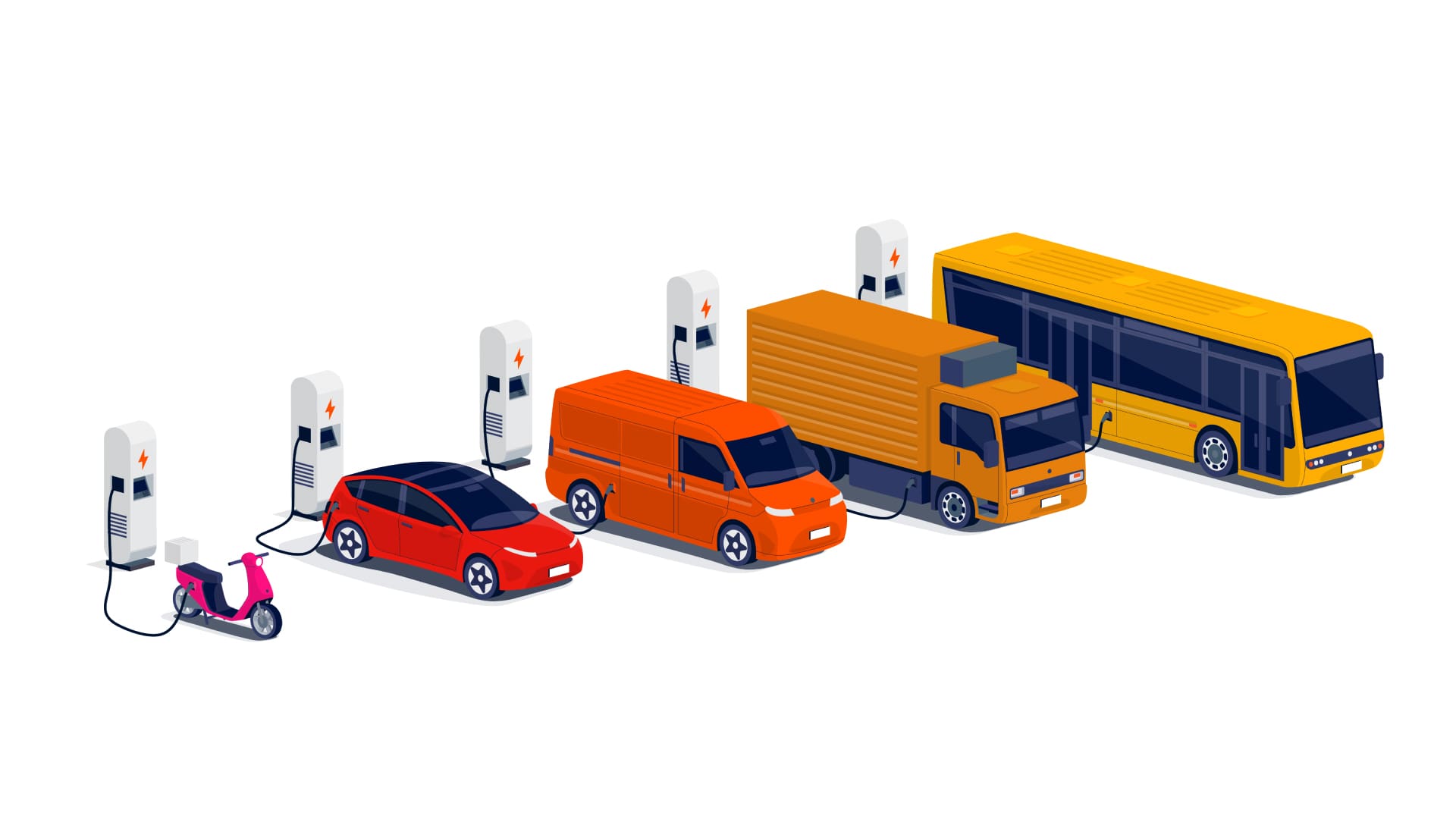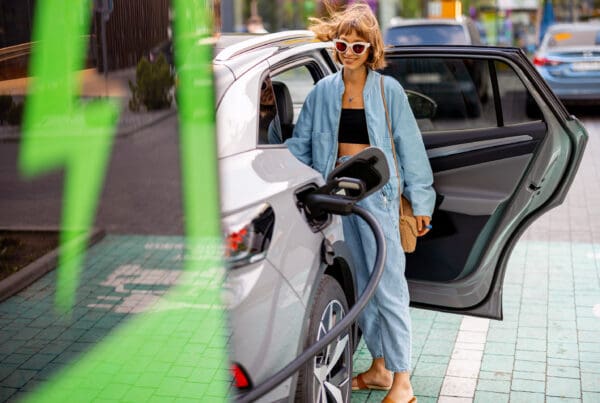More and more good news is arriving for EV proponents as we head into the end of the year. Electric vehicle sales are up 67% from 2021, and thanks in part to the National Electric Vehicle Infrastructure (NEVI) program, our national network of reliable charging stations is growing briskly. In September, the Biden-Harris administration announced the approval of plans from 35 states to build out their EV infrastructure along more than 53,000 miles of highway, further strengthening our national network of alternative fuel corridors and a future with the ability to charge as conveniently as finding a gas station. While states work toward this goal, let’s see how they stack up currently.
Where The States with the Best Infrastructure for EV Charging Succeed Most
A range of factors can contribute to the quality and rank of a state’s EV infrastructure. For HiON EV’s list of the Top 5 States With The Best Infrastructure For EV Charging, we have prioritized three main criteria that have put these states at the top.

1. The total number of electric vehicle charging stations and the average distance between them.
In simple terms, this is by far the most important hurdle for states as they roll out their NEVI plans. Range anxiety- the fear of being unable to charge while traveling further from home-remains one of the biggest concerns for current or would-be EV drivers. A strong infrastructure of convenient places to charge alleviates range anxiety and could facilitate a faster transition to zero-emission vehicles. The current average distance between EV charging stations in the United States is 37.42 miles. The average distance for the top 5 states is 13.69.
2. The ratio of public charge ports to total EV registrations per state.
Though a state’s total number of charging stations is an important factor in the quality of a state’s infrastructure on its own, we must also consider how that number is affected by how many drivers will need access to them. More is definitely more when it comes to charging stations, but with more registered drivers comes more use, which necessitates more regular maintenance. Additionally, more drivers can also mean more wait time at the charge station, so a better ratio means more access to an available station and an increasingly better charging experience for EV drivers overall.
3. 2022 state funds allocated for the Electric Vehicle Charging Network as part of the Bipartisan Infrastructure Law.
States are already at work utilizing funds from President Biden’s Bipartisan Infrastructure Law, which makes $5 billion available for EV infrastructure over the next 5 years. With the approval of 35 states, Puerto Rico, and Washington DC, $900 million is now available from the National Electric Vehicle Infrastructure Formula Program for states to expand their charging networks. The top 5 states have all secured significant EV infrastructure funding and are at work putting their approved plans into action.

Rhode Island Ranks First In States With Best EV Infrastructure
1. Rhode Island
The smallest state is making some of the biggest moves to further develop its EV infrastructure. Already a top contender in the best states for EV drivers in general, Rhode Island offers significant tax and cash back incentives for current and potential EV drivers. Rhode Island also has a 6.24 ratio of registered vehicles to its roughly 300 charging stations state-wide. From the nearly $23 million in total NEVI funding, Rhode Island’s Department of Transportation plans to utilize $3.8 million to broaden the state’s existing EV infrastructure in 2022 and continue investing over the next 5 years into more alternative fuel corridors. Being a compact state of only 1,214 square miles also means there’s already less distance to travel between charging stations.

2. Massachusetts
With more than 4,200 charging ports currently available, Massachusetts is now set to bridge the gaps within its expanding charging network. Massachusetts has one of the lowest average distances between charging stations at 8.6 miles, and now will be able to hone in on eliminating any existing 50-mile gaps between them. Slated to receive $9.39 million from the federal government, the funds will help achieve the state’s EV goals of adding more charging stations on major highways, making direct current fast charging more readily available, and constructing stations for disadvantaged communities.

3. Utah
At 84,899 square miles, the Beehive State is one of the most expansive states making the top 5. Having over 1800 charging stations in the state, large sections of Utah’s major interstate highways already qualify for corridor ready status under the Alternative Fuel Corridor program. While upgrades are needed, Utah is committed to guaranteeing that anyone can travel in an EV regardless of where they want to go in the state. With some of the best National Parks in the country, if not the world, expanding its existing infrastructure will only further secure the state’s spot amongst the country’s strongest infrastructure.

4. Vermont
To outsiders, it might be shocking to see Vermont make this list, but natives know that the state has been a leader in public charging deployment for years. Thanks to efforts by groups like Drive Electric Vermont the state already boasts 351 charging stations and has the highest per capita rate of public charging accessibility in the country. Vermont is slated to receive $21.2M to expand into rural areas and strengthen its existing infrastructure. The state plans to build enough new charging stations to ensure drivers are never more than 30 miles from a fast charging station. Additionally, each location will have a minimum of 4 CCS ports to provide for the increasing number of EVs in the state.

5. California
Unquestionably the least surprising name on this list is California. With 425,000 registered electric vehicles, California is home to over 40% of the nation’s EV total. Furthermore, of Biden Administration’s proposed goal of 500,000 charging stations nationwide, California plans to be home to half of those and then some. The Golden State currently has the most public charging stations by far, with 34,775. This is head and shoulders above second-place New York where there are 6,679. Governor Gavin Newsom also seeks to complete a 6,600-mile statewide charging network where 1.2 million chargers will be deployed by 2030. To complement the quantity of chargers, Newsom also signed the EV Charging Reliability Transparency Act into legislation with the aim of bolstering confidence in the dependability of available charging stations through proper, consistent maintenance.





